News: Opinions
A Phase One Deal, but for what purpose?
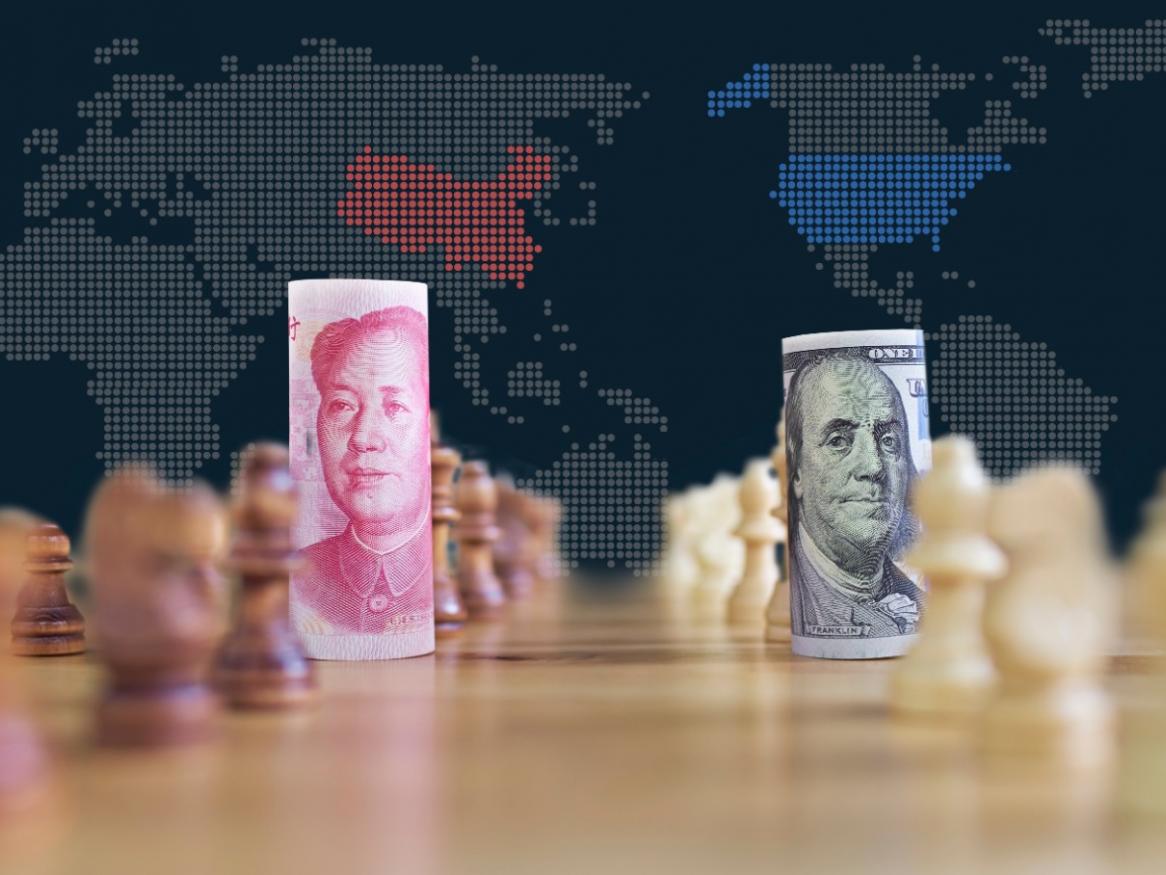
Naoise McDonagh - Lecturer, Institute for International Trade, University of Adelaide
What does the Phase One trade deal between the U.S. and China indicate for the wider trade conflict between the two countries? To answer that question requires analysis of the deal’s specifics in the broader context of the trade conflict and its underlying causes.
Vietnam: economic outlook and role as ASEAN chair in 2020

Milton Churche and Michael Mugliston, visiting fellows at the Institute for International Trade at the University of Adelaide in South Australia
Vietnam serves as ASEAN Chair in 2020, granting authority to shape the group’s priorities for the year ahead. Building on Vietnam’s recent successes in trade negotiations the country can use its Chair to enhance ASEAN’s role supporting a rules-based international trading order.
[Read more about Vietnam: economic outlook and role as ASEAN chair in 2020]
Failure of strategic trade diplomacy
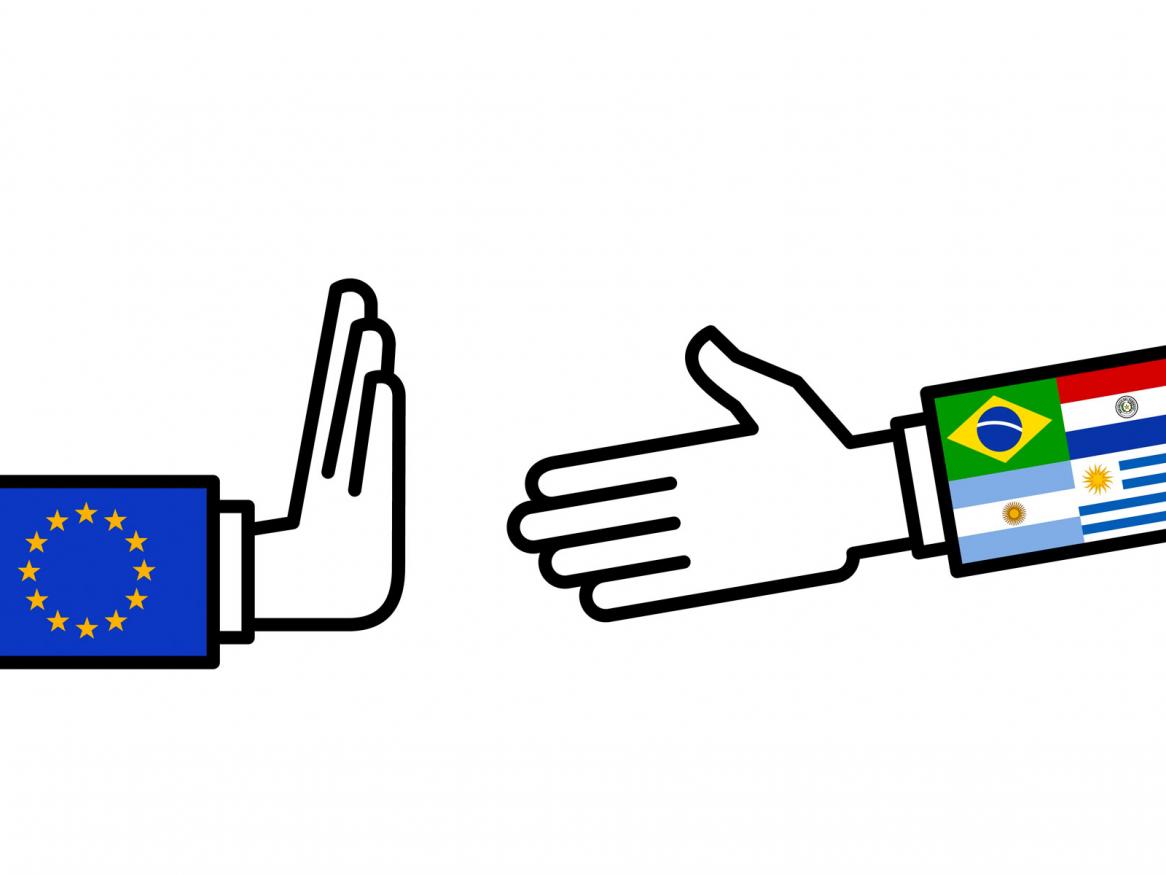
Naoise McDonagh - Lecturer, Institute for International Trade, University of Adelaide
In June 2019 a free trade agreement (FTA) two decades in the making was struck between the EU and the South American customs union Mercosur (currently comprising Argentina, Brazil, Paraguay and Uruguay).
China’s Perspectives on WTO Reform
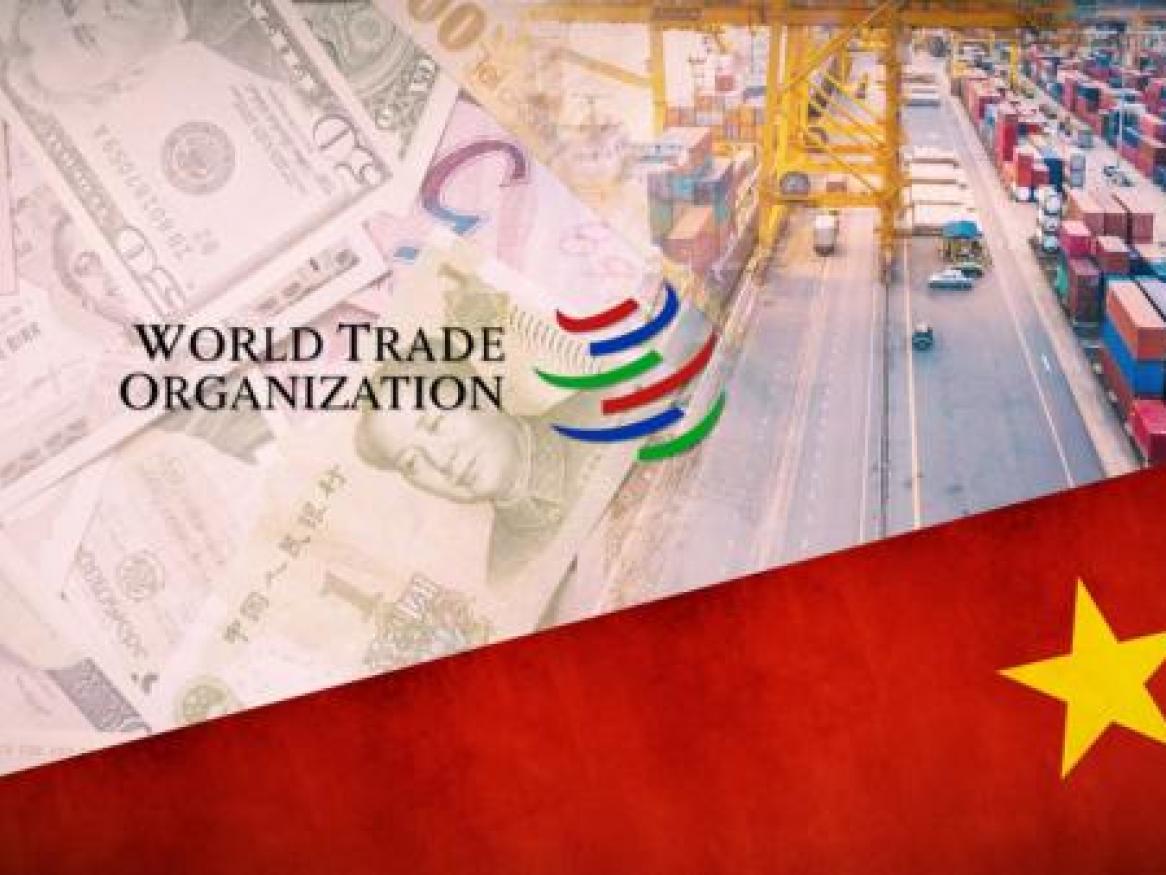
Professor Xiankun LU - China Institute for WTO Studies, University of International Business and Economics
China has tabled two formal documents on World Trade Organization (WTO) reform, these being the Position Paper on WTO Reform of November 2018 and the Proposal of China on WTO Reform of May 2019. Four aspects are highlighted in this article.
Does Mr Johnson have a Brexit-Strategy?
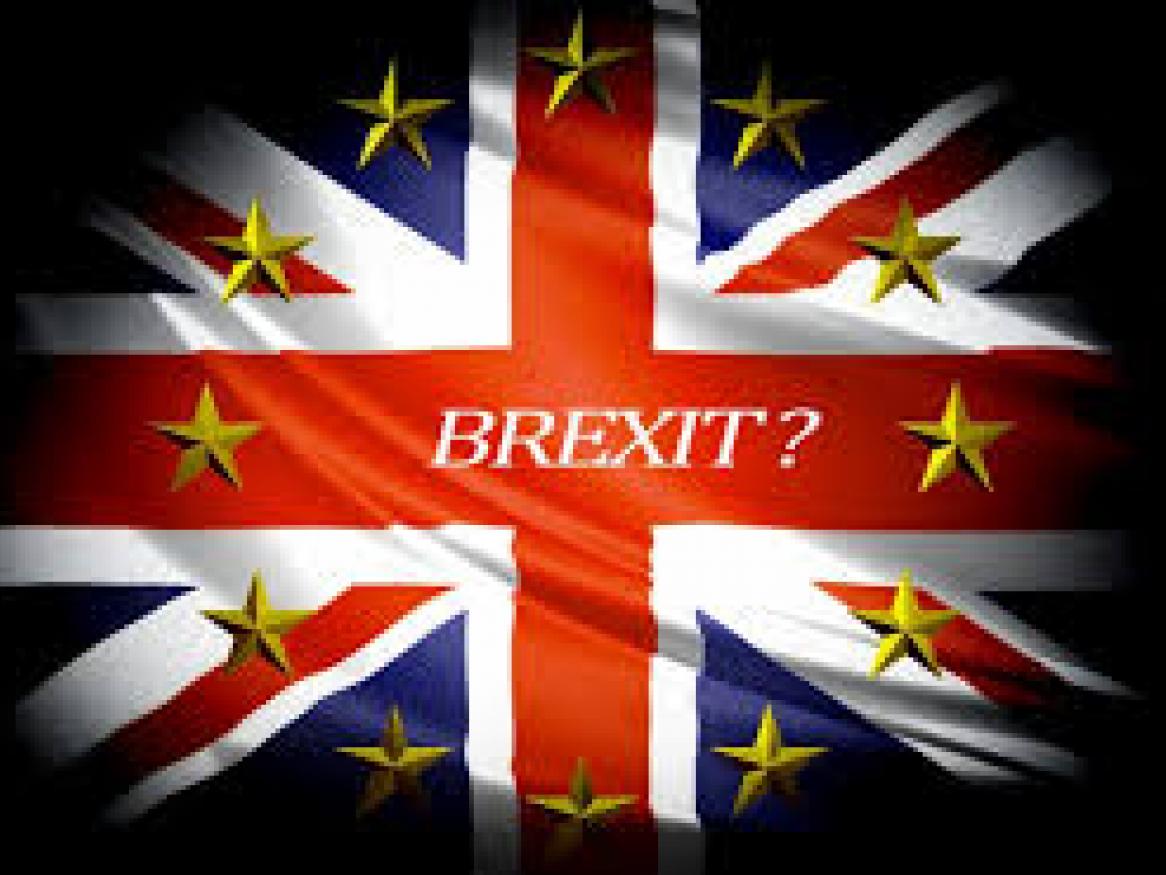
Professor Andreas Freytag
FSU Jena, University of Stellenbosch, CESifo Research Network, and STIAS
September 13th, 2019
Since his inauguration in late July 2019, Prime Minister Boris Johnson has not missed a single opportunity to push himself into the international limelight and provoke controversial reactions in Britain and elsewhere. The tentative climax of the Johnson show was his forced prorogue of the British House of Commons a few weeks before Britain's final exit from the European Union (EU).
Reflections on the Global Review of Aid for Trade Conference

Jim Redden Visiting Fellow Institute for International Trade
Over the three day review, I was involved in a significant number of the workshops and plenaries, and held meetings with donors and recipient partners of Aid for Trade (AfT) gaining insights into a range of themes and issues that have emerged as high priorities for the next 2-3 years. Below I have attempted to summarise a number of those priorities.
[Read more about Reflections on the Global Review of Aid for Trade Conference]
Geographical Indications: What is Their Worth?

Dr Paula Zito, PhD, The University of Adelaide
This week in Brussels, Australia and the European Union (EU) embark on the fourth round of negotiations relating to the Australia-European Union Free Trade Agreement (AUSEUFTA). The preceding three rounds of negotiations have highlighted the importance of food Geographical Indication (GI) protection in trade relationships and negotiations and food GI protection has become a topical issue of the negotiations between Australia and the EU.
[Read more about Geographical Indications: What is Their Worth?]
The US & the WTO: Taking Stock of Recent Trade Strategy Manoeuvres
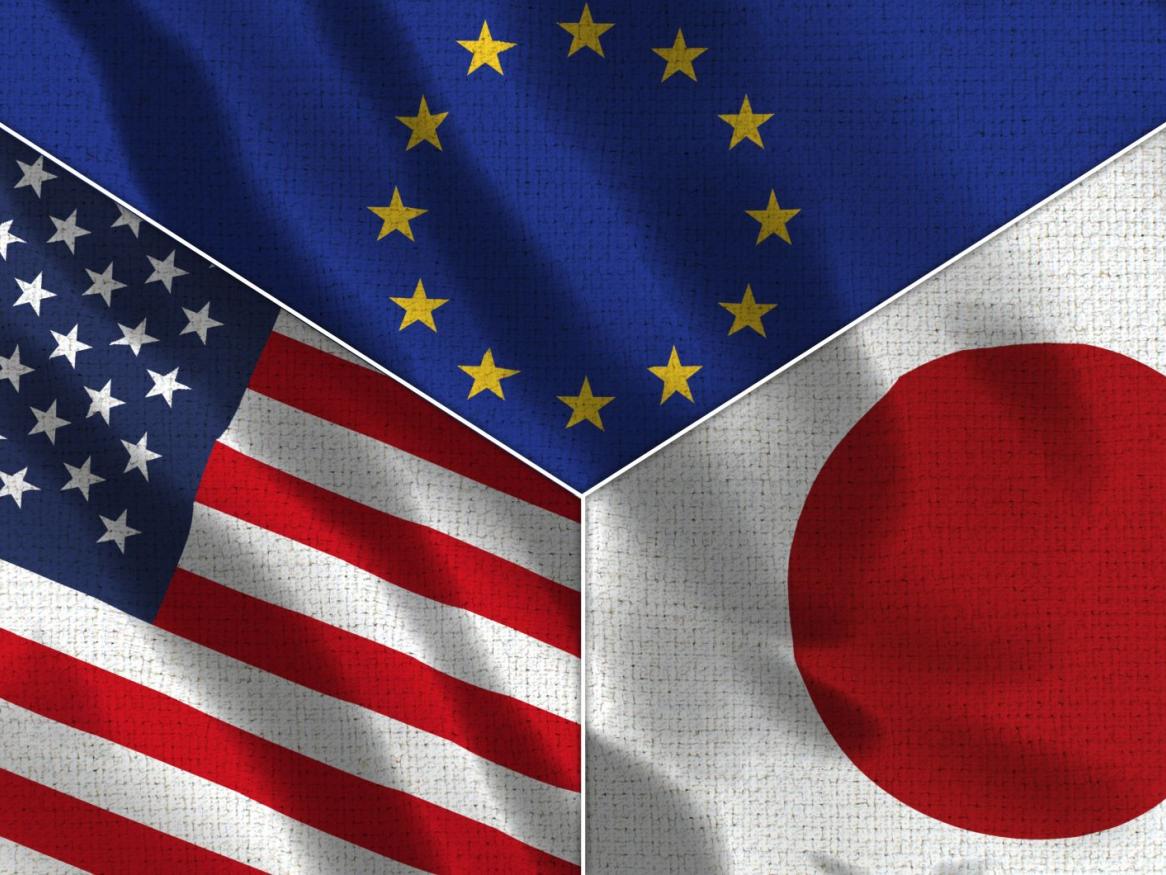
Peter Draper, Executive Director, Institute for International Trade, University of Adelaide
How to make sense of recent manoeuvres amongst the major trading powers in relation to the WTO? The US is at the centre, so it is necessary to start there. Executive Director Professor Peter Draper reflects on these dynamics following recent travels to Tokyo, Geneva, and Florence.
[Read more about The US & the WTO: Taking Stock of Recent Trade Strategy Manoeuvres]
2019 Global Solutions Summit, Berlin
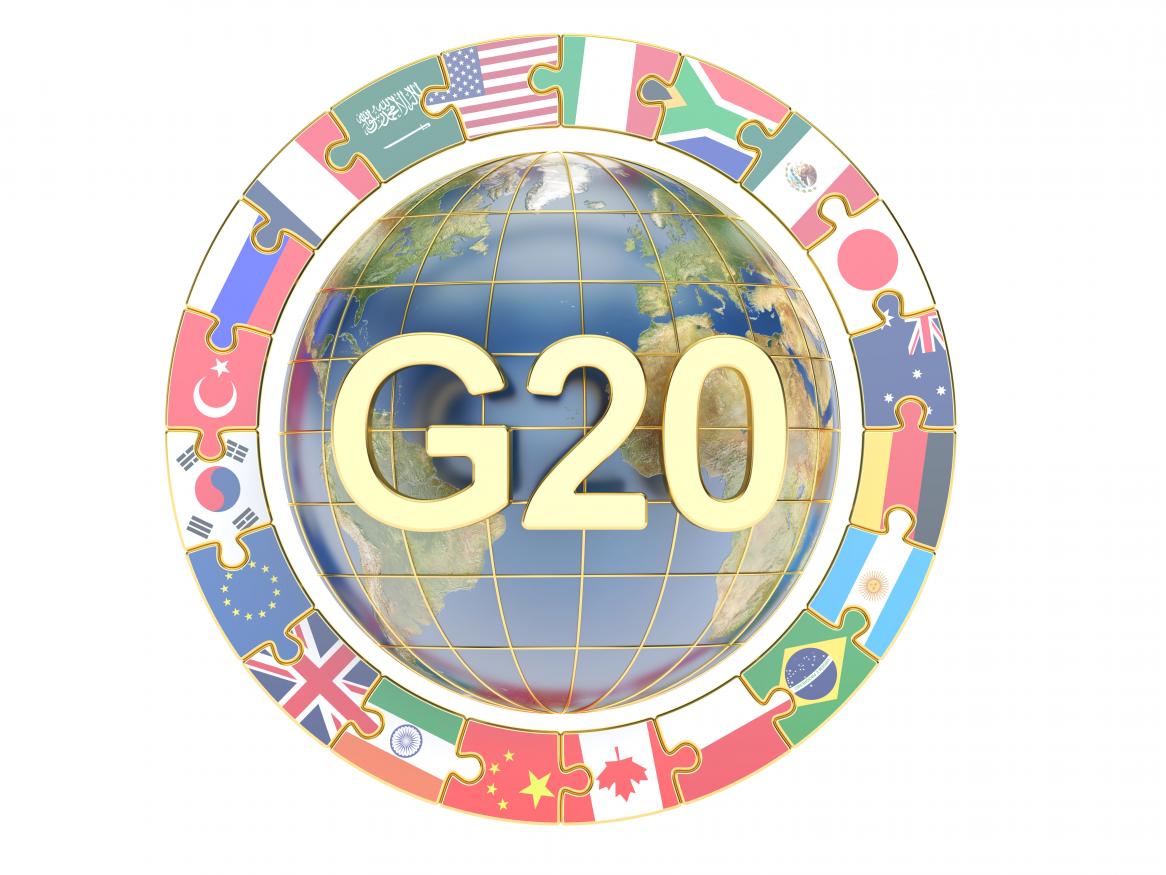
Keith Wilson, Senior International Trade Law Counsellor, Institute of International Trade
Contributions at the third Global Solutions Summit (www.global-solutions.international) addressed the full spectrum of challenges in a period of major change – and a looming sense of crisis – in the international political, economic and social order. These were the four key priorities I took away from the 2019 Summit held in Berlin, Germany from 18-19 March 2019, in support of the Japanese Presidency of the G20/T20. The Think 20 (T20) will be held in May, leading up to the G20 itself in Osaka in June 2019.
Transatlantic relations and the international trading system
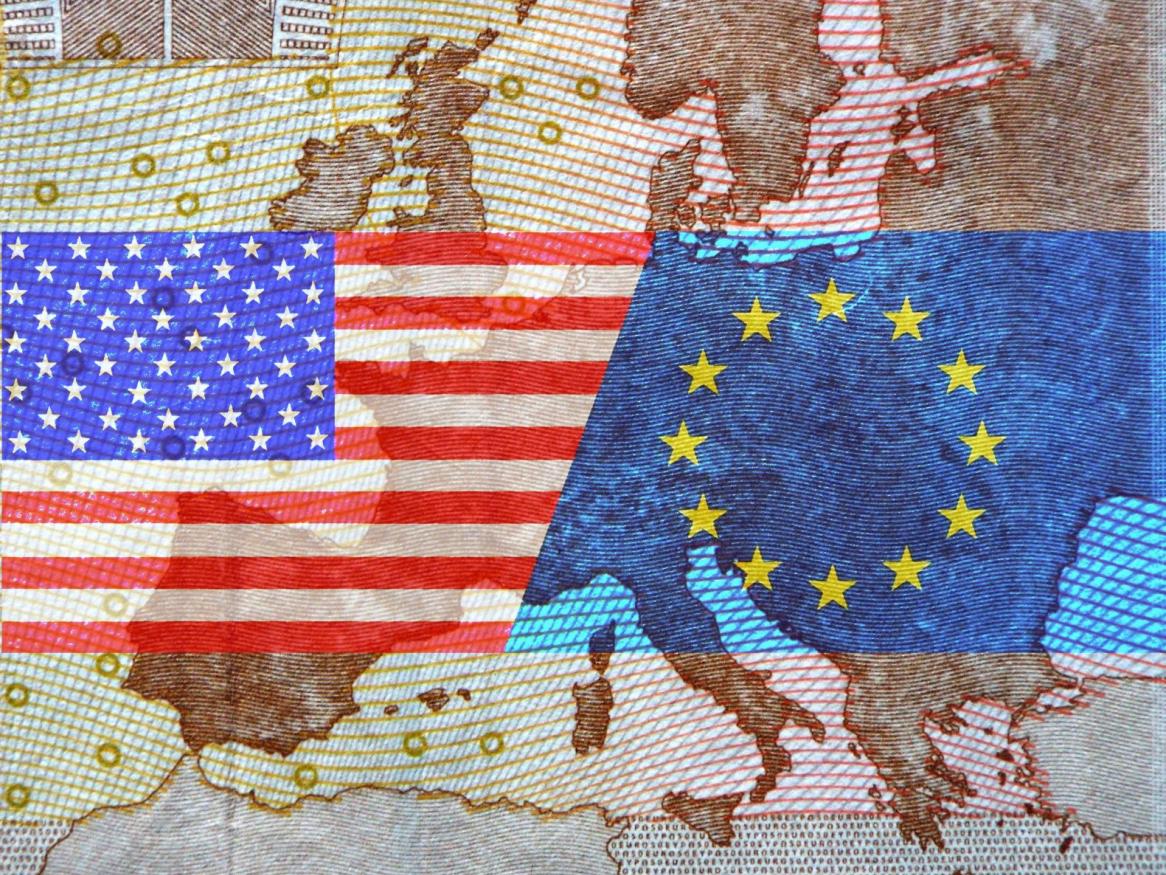
Steve Woolcock, London School of Economics
Today there are more doubts that transatlantic cooperation is in the mutual interest of the US and EU than at any time since the creation of the GATT. First, the US Administration is pursuing a purely value-claiming (“I win you lose”) trade strategy vis–a– vis the EU (and other countries) when the norm has been value creating or “win-win”.
[Read more about Transatlantic relations and the international trading system]
The views expressed here are the author’s, and do not necessarily represent the views of the Institute for International Trade.
This work is licensed under Commons Attribution-NonCommercial-NoDerivatives 4.0 International License.
IIT is a global leader in researching, analysing and commenting on International Trade.
Stay informed about our up-and-coming seminars, events, publications, awards, new projects and collaborations, and other exciting news.
